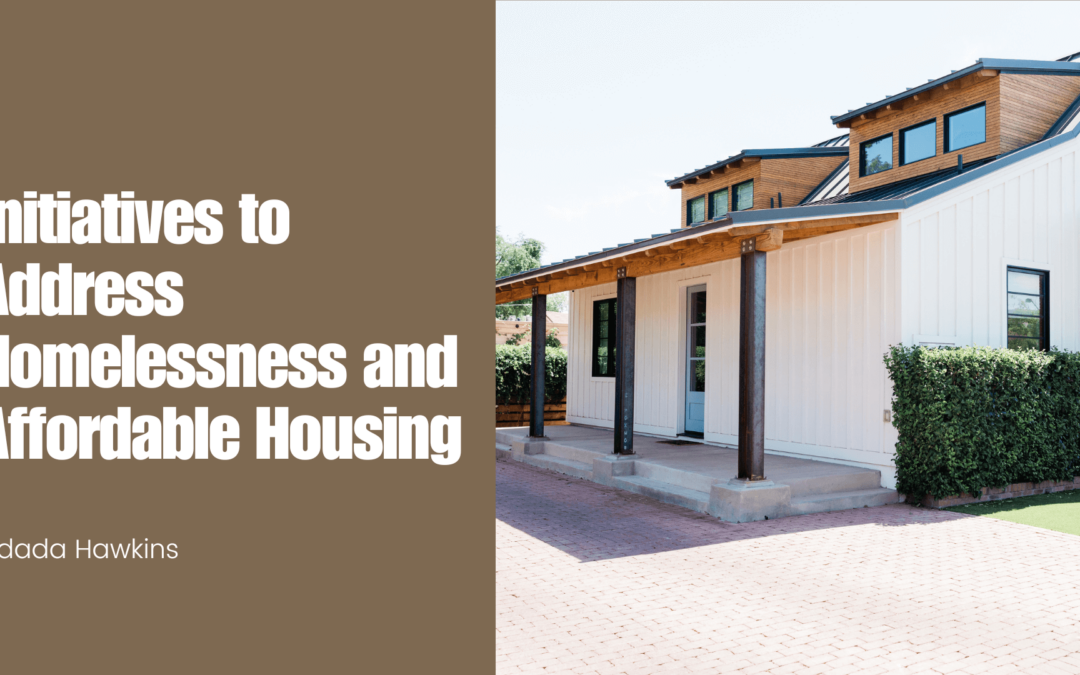Homelessness and the absence of affordable housing are pressing issues that continue to affect communities worldwide. The complexity of these challenges demands a multifaceted approach involving innovative strategies and collaborative efforts across governments, nonprofits, businesses, and communities. Fortunately, numerous initiatives have emerged to combat homelessness and promote affordable housing, offering hope and tangible solutions.
Housing First Approach
One of the most impactful initiatives is the Housing First approach, a model gaining momentum globally. Unlike traditional initiatives that require individuals to fulfill specific criteria or undergo treatment before receiving housing, Housing First prioritizes providing stable housing without preconditions. By offering safe and secure housing as a starting point, individuals can better address underlying issues like mental health concerns or substance abuse. Cities like Helsinki, Finland, have seen success with this approach, significantly reducing homelessness rates.
Public-Private Partnerships
Collaborations between the public and private sectors have proven instrumental in addressing housing challenges. Through incentives, tax breaks, or partnerships, governments encourage private developers to allocate a percentage of housing units to affordable options. Such initiatives foster mixed-income communities, ensuring diverse housing options within urban developments.
Supportive Housing Programs
Supportive housing programs combine affordable housing with support services tailored to individuals’ needs, like mental health counseling, job training, or substance abuse treatment. These programs not only provide shelter but also offer a path toward stability and self-sufficiency. Organizations like the National Alliance to End Homelessness advocate for expanding such initiatives to address the root causes of homelessness.
Rent Control and Tenant Protection
Implementing rent control measures and tenant protections helps curb rising housing costs and prevents arbitrary evictions. Regulations on rent increases and ensuring fair lease terms contribute to housing stability, allowing individuals and families to remain in their homes without fearing sudden displacement due to unaffordable rents.
Innovative Housing Solutions
Technological advancements and innovative design concepts are revolutionizing housing solutions. These creative ideas offer cost-effective and sustainable housing alternatives, from tiny homes and modular constructions to repurposing unused spaces like shipping containers or vacant buildings. When combined with environmentally conscious practices, initiatives like these contribute to building resilient and affordable housing communities.
Community-Led Initiatives
Local communities often spearhead grassroots initiatives to address housing issues. Community land trusts, where residents collectively own and manage land, ensure long-term affordability and community control over housing. Additionally, initiatives like cooperative housing models or mutual aid networks foster solidarity and support among residents.
Advocacy and Policy Changes
Advocacy plays a pivotal role in influencing policy changes. Organizations and activists campaigning for affordable housing advocate for legislative reforms, increased funding for housing programs, and more inclusive zoning policies. By raising awareness and lobbying for systemic changes, they push for sustainable solutions at a broader level.
The fight against homelessness and the quest for affordable housing requires a concerted effort from various stakeholders. These initiatives offer diverse approaches, each crucial in addressing different facets of the issue. While progress is being made, continued support, collaboration, and innovative thinking remain essential in creating sustainable solutions and ensuring everyone has access to safe, affordable housing—a fundamental human right.

